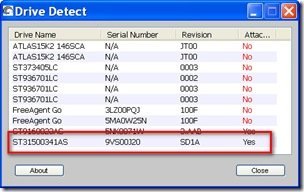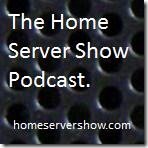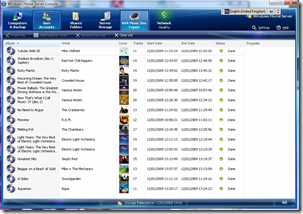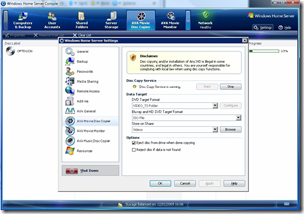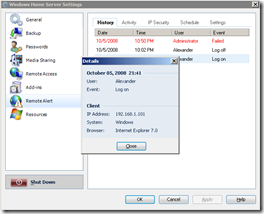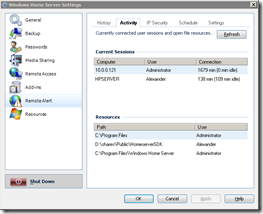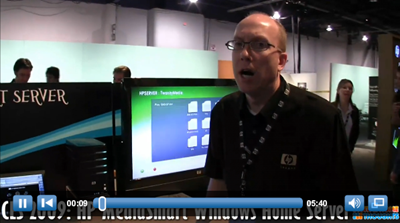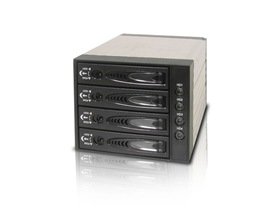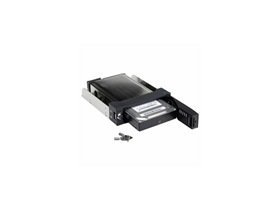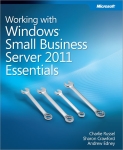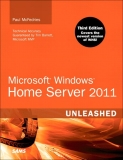By
Philip Churchill on January 21st, 2009
How would you like to write an add-in for Windows Home Server?
A common answer from a Windows Home Server enthusiast might be:
“I would love to, but I have never programmed anything in my life and don’t know anything about code either”.
Well, that needn’t be a problem. By following the resources below, you will be on your way to building your own add-in, and the only extras you will need are:
- A free copy of Microsoft Visual Studio Express
- A Windows Home Server OR a copy of the trial software
- And the HomeServerExt.dll and Microsoft.HomeServer.SDK.Interop.v1.dll files copied from your WHS C:\Program Files\Windows Home Server directory.
With a step by step process, fellow Windows Home Server MVP Sam Wood has a 5 part series of tutorials aimed at guiding novice developers though building a add-In, using freely-available tools, and is one of the most complete resources available. From installing and configuring your development environment to building a installer package for your add-in, Sam shows us how, with plenty of screen shots and sample code.
MSDN, Microsoft’s developer network is the main official source for would be add-in developers, and the best starting point is the brief step by step guide which links to further resources on the MSDN portal for help with your would be creation including the Windows Home Server SDK Portal. This page includes links to the essential Software Development Kit for Windows Home Server, a Developer’s Guide which includes a programming tutorial, the Windows Home Server API Reference and finally the sample code for a Windows Home Server Health Notification add-in.
Also essential for add-in development is a read of Microsoft’s PDF document Windows Home Server Developer Guidelines which is a supplement to the Software Development Kit (SDK) for Windows Home Server, and upon following the guidelines within, will enable you to improve the user experience of your add-in. Essential reading as this document also illustrates the proper and improper use of add-ins.
Another great resource is by Microsoft developer Brendan Grant who has a series of developer tips aimed at both add-in and standalone application developers. The series of 15 tips covers some of the neat features that programmers can take advantage of.
Finally after all that reading, we have a couple of videos to help you on your way. Developing Connected Home Applications and Services for Windows Home Server and Building Add-Ins.
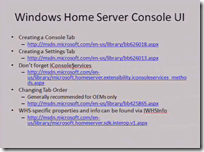
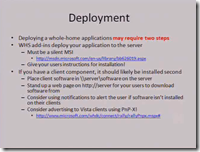
Images with extra tips courtesy of the Windows Home Server Team
And now after this bunch of links you can finally have a play at being a developer, that is off course unless you already are one!



